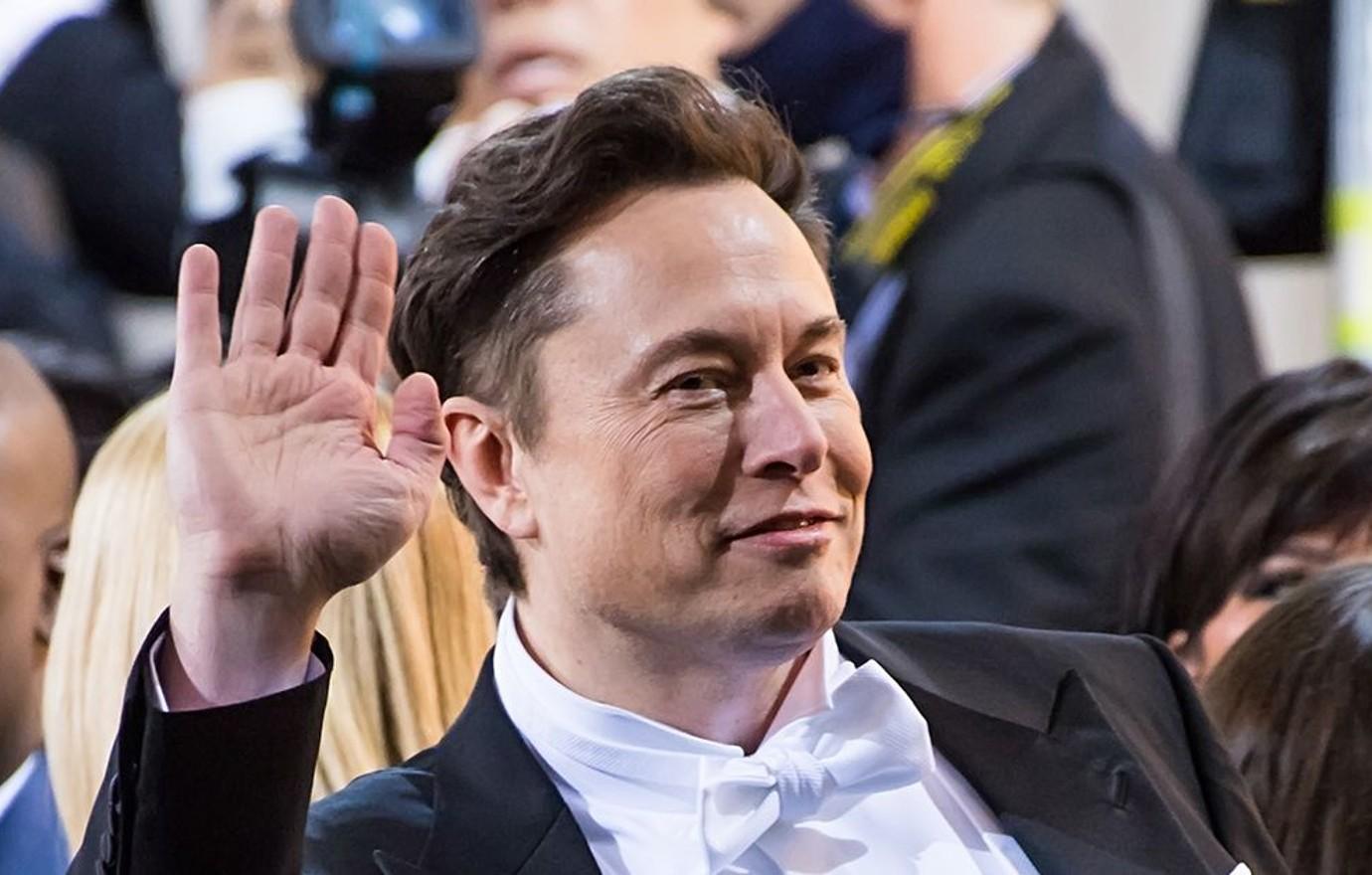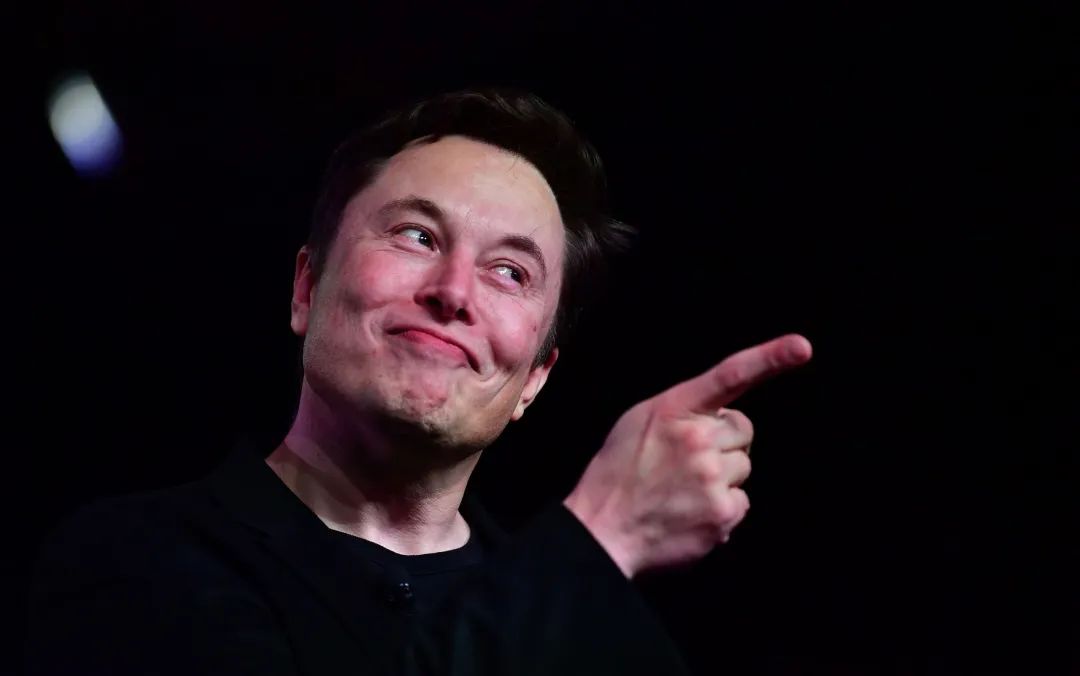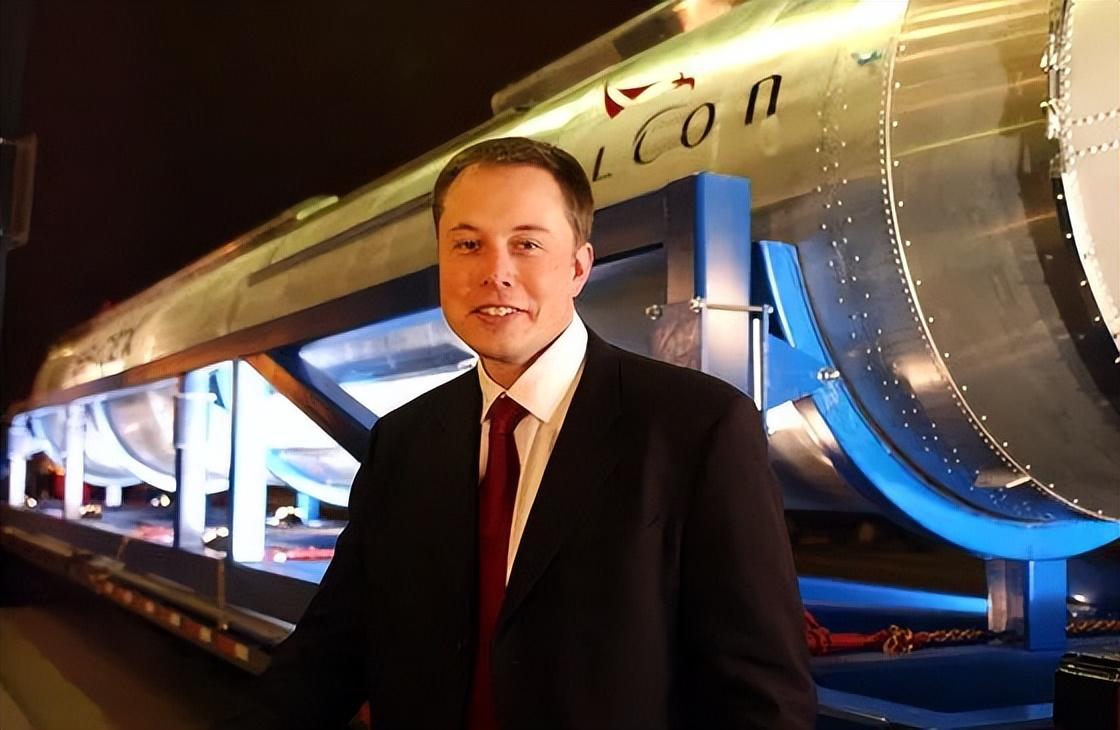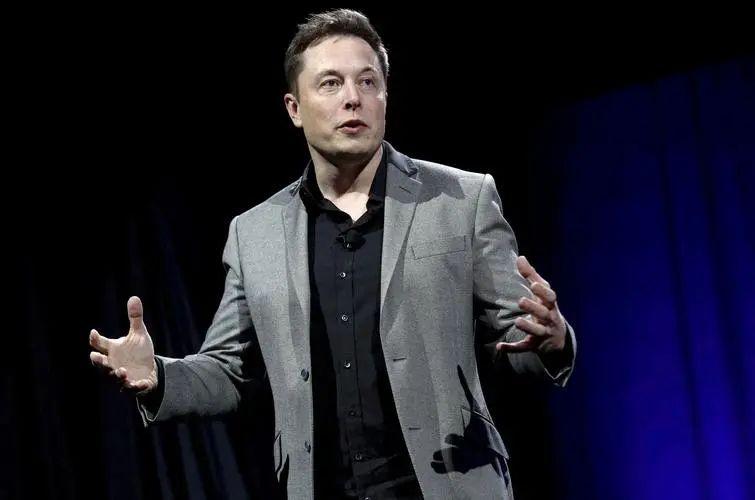As the richest person in the world, billionaire Elon Musk’s life still has many unknowns that make many people curious.

Elon Musk is a South African engineer, tycoon, inventor, technology entrepreneur and philanthropist. At the same time, he is the founder, CEO, chief engineer, and designer of SpaceX; CEO, architect of Tesla; is also the co-founder of OpenAl – the company behind ChatGPT.
But behind his illustrious career, Elon Musk is also an irritable, eccentric, and unusually strict person. Many people shared that they could not work with him for a long time.
To deeply understand Elon Musk, famous biographer Walter Isaacson wrote the interesting “Biography of Elon Musk”. The book describes the ups and downs of life and records his unusual attitude towards things.
1. Paranoia
Elon Musk has loved rockets and science fiction since he was a child. He once thought: “If one day the Earth cannot accommodate many people, people will have no other choice but to move to another planet.”
At the age of 30, with two Internet companies in hand, Elon Musk decided to build rockets. As soon as the news spread, everyone was wondering: How could a private company have the capacity to complete such a large project?
His friends also stopped him and collected a series of videos about missile explosions for him to watch. But he was not threatened at all and quickly founded the SpaceX space exploration technology group. He brought this plan with him and visited investors everywhere, telling about his great vision. But the project is too risky, most people do not dare to invest.

Billionaire Elon Musk
But he refused to give up, trying to earn more than 100 million USD from two companies to invest in the rocket business. However, the development process encountered many problems, causing progress to be 2 years slower than expected.
The partners looked discouraged, but Elon Musk firmly persuaded: “Tomorrow, we will start all over again.” Later, he failed three times in a row when testing. In the face of ridicule and doubt, Elon Musk still affirmed: “I will never give up until I succeed.”
Over the next few months, he worked like crazy, spending more than 10 hours a day at the company. In September 2008, the rocket was launched for the fourth time and finally successfully entered space.
Billionaire Elon Musk shared: “Perseverance is important, never give up unless you have to.” With his almost unreasonable paranoia, he created miracles that no one could believe.
In this world, success is accidental and failure is normal. No matter how smart and brilliant you are, you still have to endure disappointment due to expectations and walk through a dark tunnel. Without almost paranoid perseverance, it will be difficult for you to survive to the end and even more difficult for you to find the ticket to success.
2. Obsessive-compulsive disorder, perfectionism
Elon Musk frankly shared: “I have obsessive-compulsive disorder about problems. I always see something wrong.” This biography also emphasizes that he was a perfectionist.
In 1995, at the age of 24, Elon Musk and his brother founded the software company Zip2. The following year, the company received investment and hired experienced senior programmers. But he still asked employees to continuously improve the speed of the code. Under strict requirements, the code runs 5 times faster and efficiency is greatly improved.

In 2004, Elon Musk invested in Tesla and began developing electric cars. Initially, there was a lot of controversy due to uneven product assembly quality. Therefore, every time a new product is launched, Elon Musk will personally test drive the new car and carefully check each part.
He once wrote emails to employees, requiring all departments, whether from internal or external suppliers, that all details must be absolutely accurate. He wrote: “Precision determines perfectionism.”
Like a patient with obsessive-compulsive disorder, he is meticulous in every detail, causing those around him to complain endlessly. But this has helped Tesla’s products continuously improve quality and receive satisfaction from consumers.
One loose screw can cause a giant plane to fall from above; A carelessly thrown cigarette butt can cause an entire forest to disappear. Any small negligence can lead to irreparable disaster. Therefore, the more powerful a person is, the more they pay attention to small details.
3. Like to control everything
Before writing the book, author Isaacson thought Elon Musk was a hands-off boss who only gave orders to employees. But after more than 2 years of in-depth contact, the author realized that Elon Musk is a boss who likes to do everything himself.
When he first started his business, Elon Musk always wrote code and updated software himself, rarely leaving the office. He also requires employees to report progress in detail and even participate in each person’s tasks.
Later, when he managed SpaceX and Tesla, he often visited the assembly lines. One time, he discovered that the robot arm was moving very slowly. Elon Musk immediately disassembled the robot arm for on-site inspection, took out his laptop and rewrote the robot’s code.

To be able to track multiple projects at any time, Elon Musk doesn’t even have a fixed office or desk. He worked at many companies at the same time and appeared wherever there were problems. When electric vehicles were put into production, he moved his desk to the production line to help employees solve problems at any time. Or when he has technical difficulties, he goes to the factory to sleep over to support employees.
Because he likes to interfere in everything, people who have worked with him say that Elon Musk loves to control. But control is not to satisfy selfish desires but to help things work better.
In fact, not only in business, if you want to be successful in any field, you must accumulate real knowledge through continuous practice. Only by doing it yourself can you know its depth, only by careful analysis can you draw experience and lessons.
4. Too arrogant
The book mentions that Elon Musk has a working habit: Every time he sets a goal, he will list a strict timetable and then urge everyone to do it. For this reason, employees often complain that he is too arrogant and unrealistic, and always makes demands that are beyond everyone’s capabilities.
Faced with doubts, he would not angrily refute them but would personally take over that person’s work. In his view, only when a person believes that he or she is omnipotent can unlimited potential be unleashed.
In 2012, as soon as Tesla’s electric sports car launched on the market, it faced fierce competition from competitors. Public opinion questioned Tesla’s quality, many customers canceled orders. At that time, Tesla was still not profitable and lacked capital, not even enough to build charging stations.
Elon Musk made a statement: “Tesla will become a car manufacturer that sells better than BMW and has higher profit margins.”
But the outside world knows that Tesla is in trouble and waiting for extraordinary change that is almost impossible. At a critical moment, Elon Musk turned pressure into motivation and asked all employees to step up the car advertising strategy.
In just 2 weeks, they completed their sales mission and brought Tesla back to profitability. Throughout the journey, Elon Musk always had unconditional belief in himself. His arrogant attitude became a shortcut for him to be forced to overcome his limits.
But so-called “arrogance” is actually not arrogance and ignorance but holding oneself to higher standards. Human potential is like a spring, the stronger it is compressed, the stronger the rebound.
Many people say that Elon Musk is half a genius, half a crazy person. In response, he replied: “I invented electric cars and I will use rocket ships to send people to Mars. If I were an easy-going person, do you think I could still do this?”.
Ordinary people who are accustomed to avoiding trouble may only have a mediocre fate. But smart people stay focused on their goals, please no one, and achieve extraordinary results amid controversy.





